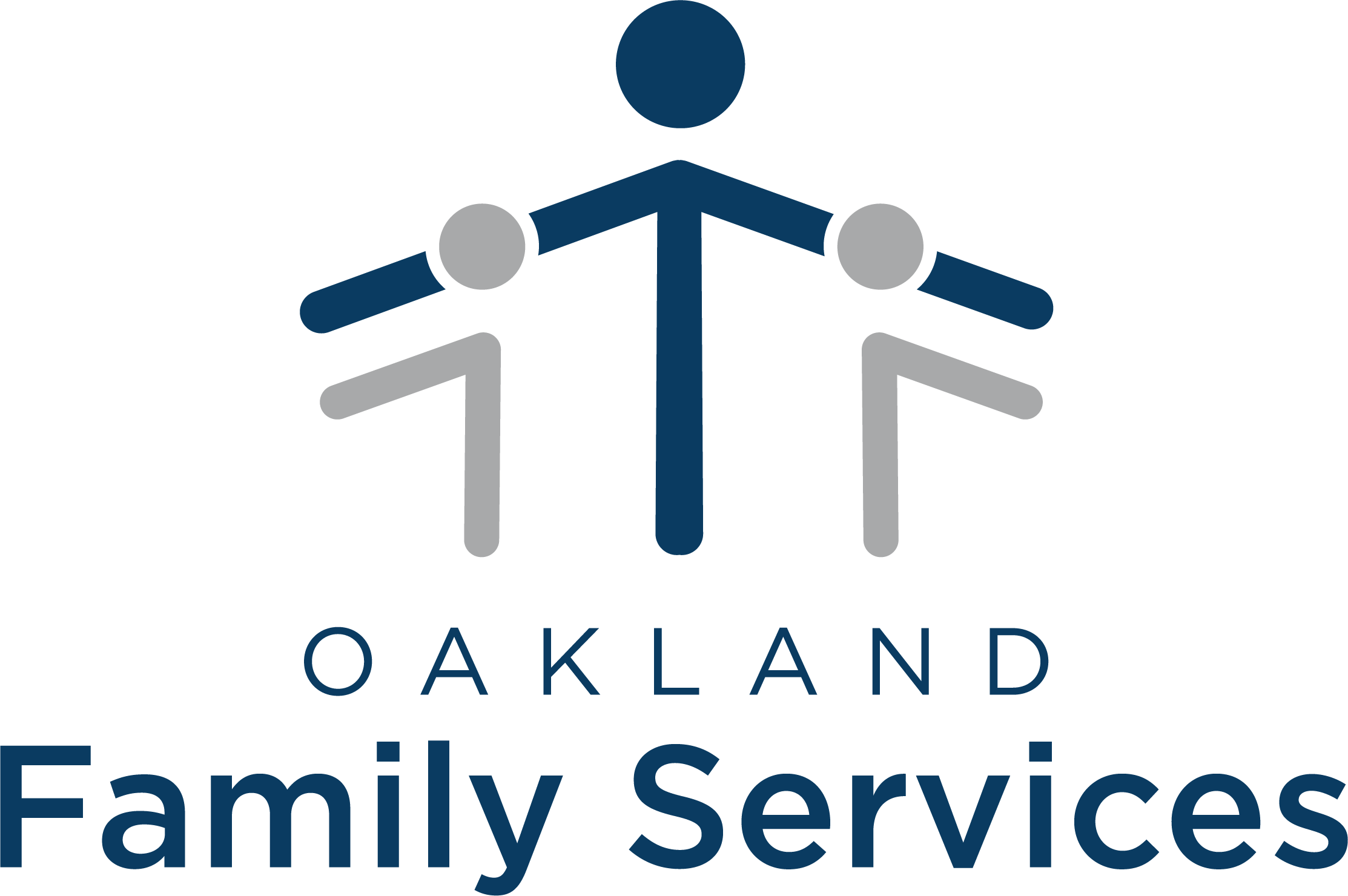Keeping Michigan's at-risk youth safe during the coronavirus crisis
A letter from the Association of Accredited Child and Family Agencies:
Michigan’s Child Welfare System is established to provide frontline emergency services, support and oversight to the most vulnerable in our society and is currently struggling as a result of the initial impacts of COVID-19. And the situation is worsening.
Child Welfare nonprofit providers and governmental entities are faced with the challenge to keep children, families and Child Welfare workers safe during a time of health risk, limited safety equipment supply and uncertainty of future funding. In addition, not-for-profit Child Welfare agencies that are mission driven and typically underfunded now face fiscal uncertainty, as most economic assistance packages do not clearly include nonprofits providing direct services to at risk children.
The situation is creating barriers negatively impacting the ability of Child Welfare agencies to provide care to high risk children and it is equally traumatic on our care provider families, children and birth families/relatives. Some foster parents are hesitant to bring children into their homes during such a volatile time. Group homes and residential treatment centers for children, many working in COVID-19 hot zones, are going understaffed as caretakers increasingly stay home. While alternatives to face-to-face contact are being utilized, the costs to equip people with electronic devices are fiscally unsupported and many that are economically disadvantaged do not have access to equipment.
Essential Workers/Service: Those who work in Michigan’s Child Welfare system put themselves at risk every day. They must be recognized on a national and state level as essential employees and as such should have access to desperately needed personal protective equipment (PPE) and should be eligible for COVID -19 fiscal support and programs from the Federal and State level.
COVID-19 Secondary Trauma: Historically, domestic violence and child abuse worsen during disasters. Causation models indicate the existence of deeper unemployment, isolation, worsening poverty, anxiety and fear lead to acts of desperation, and worsening levels of mental illness and addiction. This quickly escalates inward turning to acts of assault on self and family in the form of domestic violence, self-harm, substance abuse, and sadly, child abuse and neglect. As such, our community presence will be needed more than ever and should be supported economically by Federal and State policy.
Risk to Children: Currently, calls to Child Protective Services (CPS) are artificially at an all-time low as social distancing policies and institutional closures are keeping mandated reporters away from children, yet we know the trauma, abuse and unfortunately risk to life is even more prevalent than ever. As social safeguards return to place, we sadly anticipate a surge of abuse and neglect situations and the need for functioning Child Welfare agencies and systems will be needed more than ever. Due to funding gaps and exclusion from Federal and State assistance funding, economic issues are causing providers to layoff highly skilled employees at the time that need has risen. There is a real risk of not-for-profit child welfare agencies going out of business and leaving gaping holes in the Child Welfare safety net when children and families will need our services most. Upon returning to safe practices of delivering services, we anticipate an overwhelming number of people requiring our services
April is Child Abuse Awareness Month. We implore our communities to look out for their youth. Public awareness messages should proliferate the media as urgent as COVID-19 health alerts. We need the public to be vigilant and call CPS or the local police if they see possible abuse or neglect. And we need governmental support.
Our Pledge: As Michigan-based non-profit Child Welfare agencies, we will continue our mission to safeguard the most vulnerable in our society and we will do so at great cost to self, as many of our dear colleagues have become ill and some have died. We will continue to provide 24-hour care to those who many would ignore, and we will remain a voice for those who are economically disadvantaged and silenced by the ugliness of abuse and neglect. We promise to provide service for as long as humanly possible.
We ask that in return we are acknowledged and supported by our State and Federal Government as an essential safety based service and that language and policy is put in place that will provide the same fiscal opportunity and protection afforded to other sectors of our economy.

